
Reasons and treatment for itchy skin at night
Have you ever settled into bed, ready for a peaceful night's sleep, only to spend hours scratching an itchy skin patch? Most of us have experienced irritated skin at night at some point. But why does it seem worse when we're trying to sleep? Read on to understand what does itchy skin at night mean, its causes, treatments, and prevention of nighttime skin irritation.
What does itchy skin at night mean?
When you have Itchy skin at night it usually indicates some irritation or inflammation. Potential culprits include:
- Dry skin: Lack of moisture allows dead skin cells to accumulate, making the skin feel tight, flaky and itchy. Taking hot showers at night washes away protective oils, promoting water loss.
- Skin conditions: Eczema, psoriasis, hives, scabies, and other skin disorders can cause itching day and night. Flare ups tend to peak at night because there are fewer distractions.
- Bug bites: Mosquito bites, flea infestation and bed bug bites commonly provoke nighttime itching. These bites may appear in clusters or lines.
- *Infections: Fungal infections, such as athlete's foot and jock itch, thrive in warm, moist environments like sweaty socks, gym bags and bedding. Subtle symptoms during the day worsen when climbing into bed.
- Allergies: Allergic reactions to fabrics, laundry detergents, dust mites in bedding, or chemicals in bath products may trigger itching at night. Diagnostic patch testing can identify the irritant.
Also read: Allergic reaction on face: Symptoms, causes, treatment
What are the reasons for itchy skin at night?
Itching due to dry skin, bug bites, and other external causes are the reason for itchy skin at night. However, systemic diseases and neuropathic disorders produce generalised itching all over.
Body temperature changes
When you sleep, your core body temperature drops slightly while peripheral body parts become warmer. This differential makes inflamed skin and nerve fibres even more sensitive. As blood circulation to the skin increases, histamine release triggers severe itching. People with conditions like eczema and psoriasis commonly have bad nights even when their disease is stable all day.
Loss of distractions
During the day, you are occupied with activities and interacting with people. So, you may need more time to focus on itchy skin. But when attempting to relax at night, there is little else to think about except the torturous urge to scratch. In the absence of distractions, minor itching quickly escalates.
Circadian rhythms
Circadian rhythms, known as daily cycles, regulate nerve cell activity, immune function, and hormone production based on light exposure. Disruption of these rhythms can contribute to itching by lowering scratching thresholds. People with persistent nighttime itching often have abnormal melatonin levels. Stress and lack of sleep further aggravate disrupted circadian rhythms.
What are the root causes of itchy skin at night?
To properly treat bothersome nighttime scratching, it is necessary to identity the causes of itchy skin at night the underlying trigger:
Dry skin
Dryness makes the skin tight, flaky and extremely itchy. Low humidity, ageing, medications, and underlying diseases deplete natural moisture. Deficient ceramide and filaggrin levels in people with eczema or psoriasis also reduce hydration.
Take lukewarm showers instead of hot ones. Use a gentle moisturiser for itchy skin at night, like Acne Care & Healing Gel Moisturiser with Tea Tree & Cica. Wear cotton gloves and socks to lock in moisture overnight. Use a bedroom humidifier.
Also read: Perfect Skin Care Routine for Dry Skin
Contact dermatitis
Skin contact with an irritant or allergen causes red, itchy rashes. Common triggers include nickel jewellery, fragrances in skin care products and laundry detergents, rubber in gloves, neoprene in fitness trackers, and poison ivy plants. Avoid the offending agent to resolve itching.
Systemic disease
Kidney disease, liver disease, thyroid disorders, diabetes, cancer, and other chronic illnesses often involve generalised itching. Correcting electrolyte imbalances and managing the disease itself alleviates associated pruritus. Iron deficiency also provokes itchy skin.
Nerve problems
Pinched or damaged nerves can continuously relay false itch signals to the brain. Carpal tunnel syndrome, diabetes, multiple sclerosis, shingles, Parkinson's disease, and fibromyalgia heighten nerve sensitivity, inciting scratching. Anticonvulsants, anaesthetics, capsaicin cream, etc., help calm overactive nerves.
Identifying the root cause requires diagnostic tests, including skin biopsy, patch testing, blood tests or imaging. Maintain an itch diary noting timing, location, severity and triggering factors related to scratching. Share this documentation with your doctor.
Treating itchy skin at night
Once the underlying cause is established, a tailored plan for itchy skin at night treatment can relieve the itch. Short-term anti-itch remedies offer comfort until long-term control kicks in.
1. Avoid triggers
Pinpoint and avoid things that worsen itching, such as hot showers, wool clothing, heavily scented detergent, etc. Protect skin from excessive moisture and friction. Trim nails to minimise skin damage from scratching.
2. Keep skin moisturised
Hydrate daily with gentle moisturisers like petroleum jelly, mineral oil and ceramide creams. Soak in lukewarm oatmeal baths. Apply thick ointments right after bathing when the skin can readily absorb moisture.
Also read: Why Moisturising Your Skin is Important?
3. Use a cold compress
A cold pack, ice cubes wrapped in cloth, or even a bag of frozen vegetables held against itchy skin can instantly stop the urge to scratch. The cold inhibits nerve impulses and constricts blood vessels, reducing inflammation.
4. Try anti-itch creams
Over-the-counter products like calamine lotion relieve itching through multiple mechanisms. These preparations impart a cooling sensation with menthol, camphor, phenol, and pramoxine. Counterirritants like capsaicin may also relieve itching by exhausting nerve fibres.
5. Take oral antihistamines
If scratching flares at night due to an allergic response, oral antihistamines like diphenhydramine, hydroxyzine, doxepin, or prescription leukotriene inhibitors can block the reaction. Caution is advised as these make you drowsy. Consider immunotherapy for environmental allergies.
6. Use medicated anti-itch creams
Topical prescription steroids reduce inflammation driving pruritus. Pimecrolimus and tacrolimus modulate the immune response to relieve itching due to eczema or psoriasis. Pine tar preparations treat stubborn, itchy skin. Phosphodiesterase inhibitors actively inhibit itch transmission.
Things to avoid to prevent night time itchiness
Certain habits can exacerbate the intensity of itchy skin at night:
- Avoid excessive bathing, scrubbing, and use of harsh soaps
- Stay away from hot showers and baths, which strip moisture from the skin
- Don't overheat the home at night beyond comfortable room temperature
- Prevent skin dryness from indoor heating by using a humidifier
- Skip detergents, fabric softeners and dryer sheets if sensitive to chemicals
- Don't drink alcohol before bedtime, as it promotes histamine release
- Reconsider using wool blankets or flannel sheets, as surface friction causes scratching
Making suitable lifestyle modifications enhances conventional medicine treatment for resolving nocturnal itching. But consult your doctor if pruritus persists beyond two weeks or significantly impacts sleep. Uncontrolled itching could stem from an undiagnosed underlying condition requiring prompt medical care.
Conclusion
Itchy skin flaring up at night, called nocturnal pruritus, can be extremely bothersome. Many potential triggers may produce an intense urge to scratch. While scratching relieves the itch, it damages the skin. Diagnosing the underlying cause allows treatment tailored to calm inflamed nerves or skin conditions. Avoiding irritants, moisturising skin, using cold compresses, and anti-itch creams can provide relief alongside specific medical therapies. Controlling flares helps restore peaceful sleep.

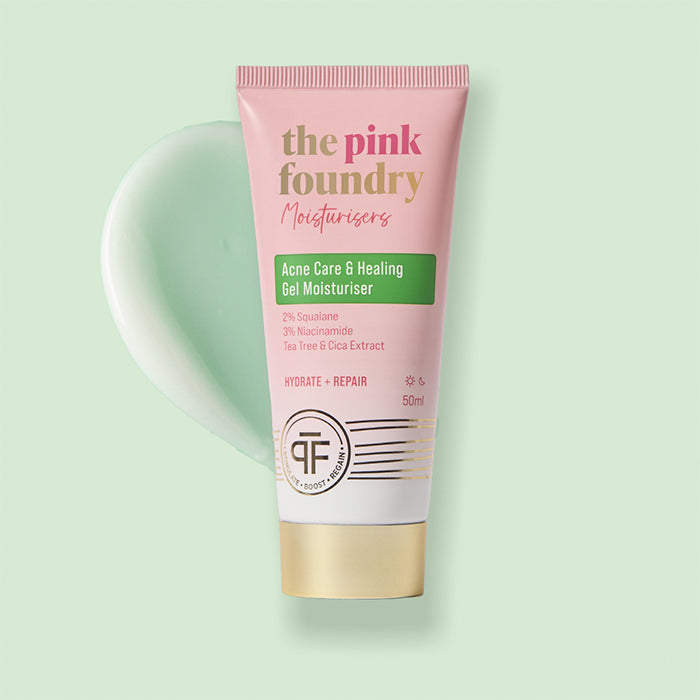





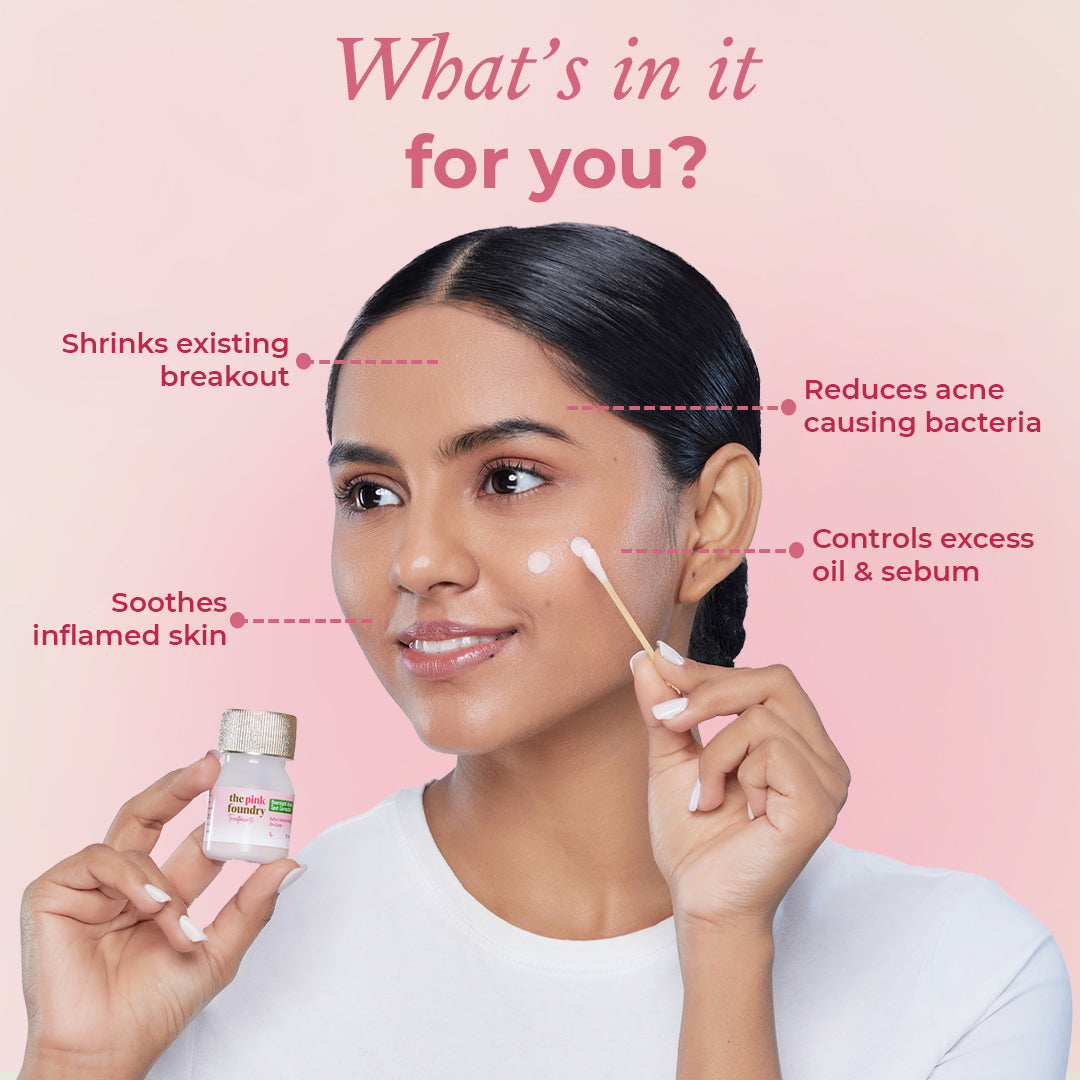
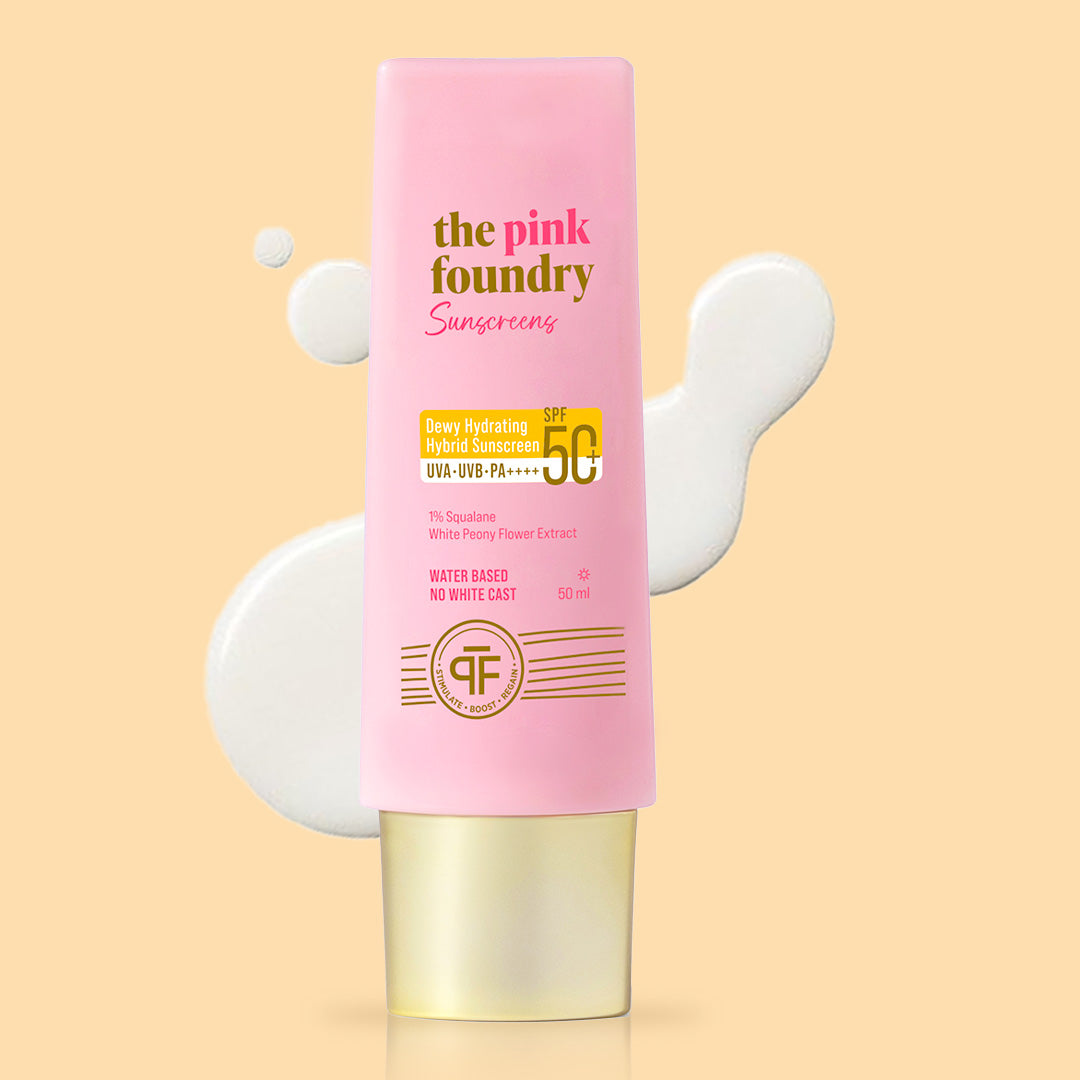
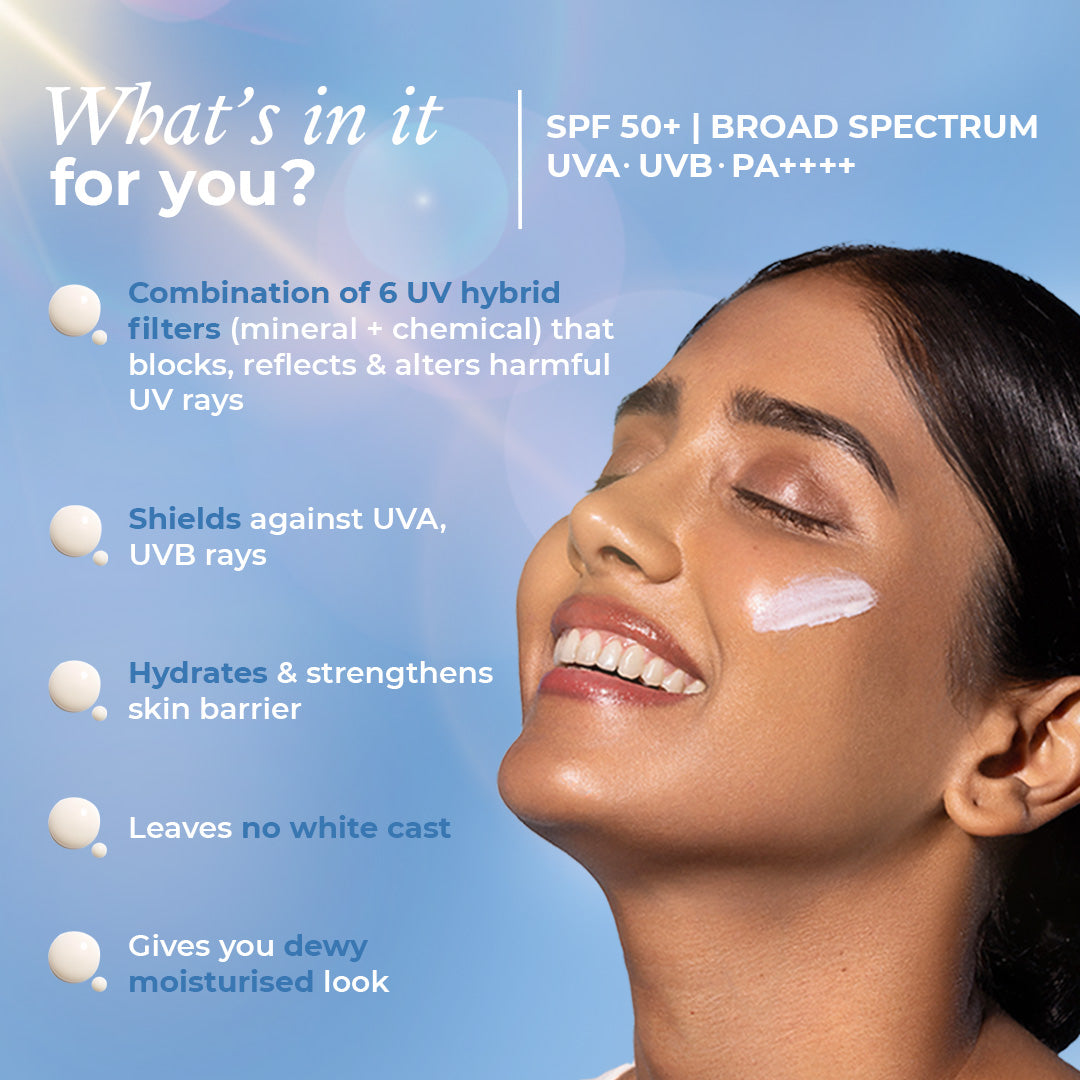


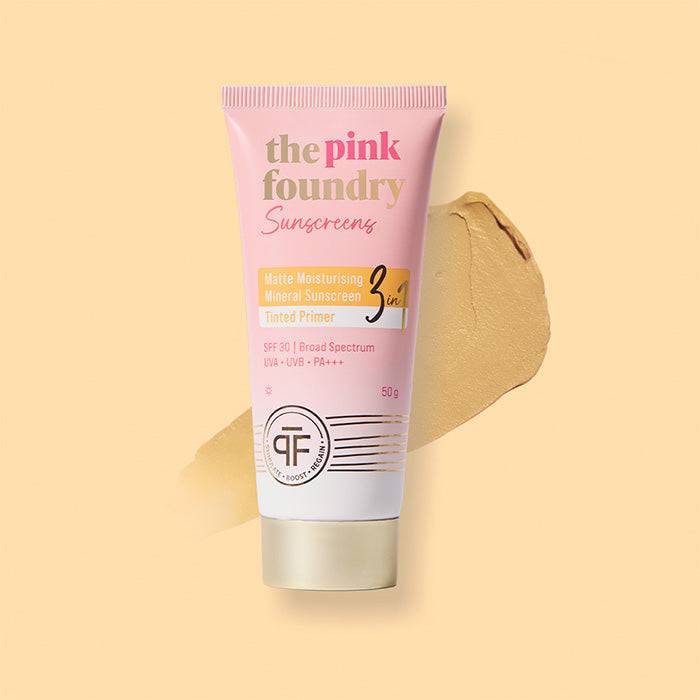
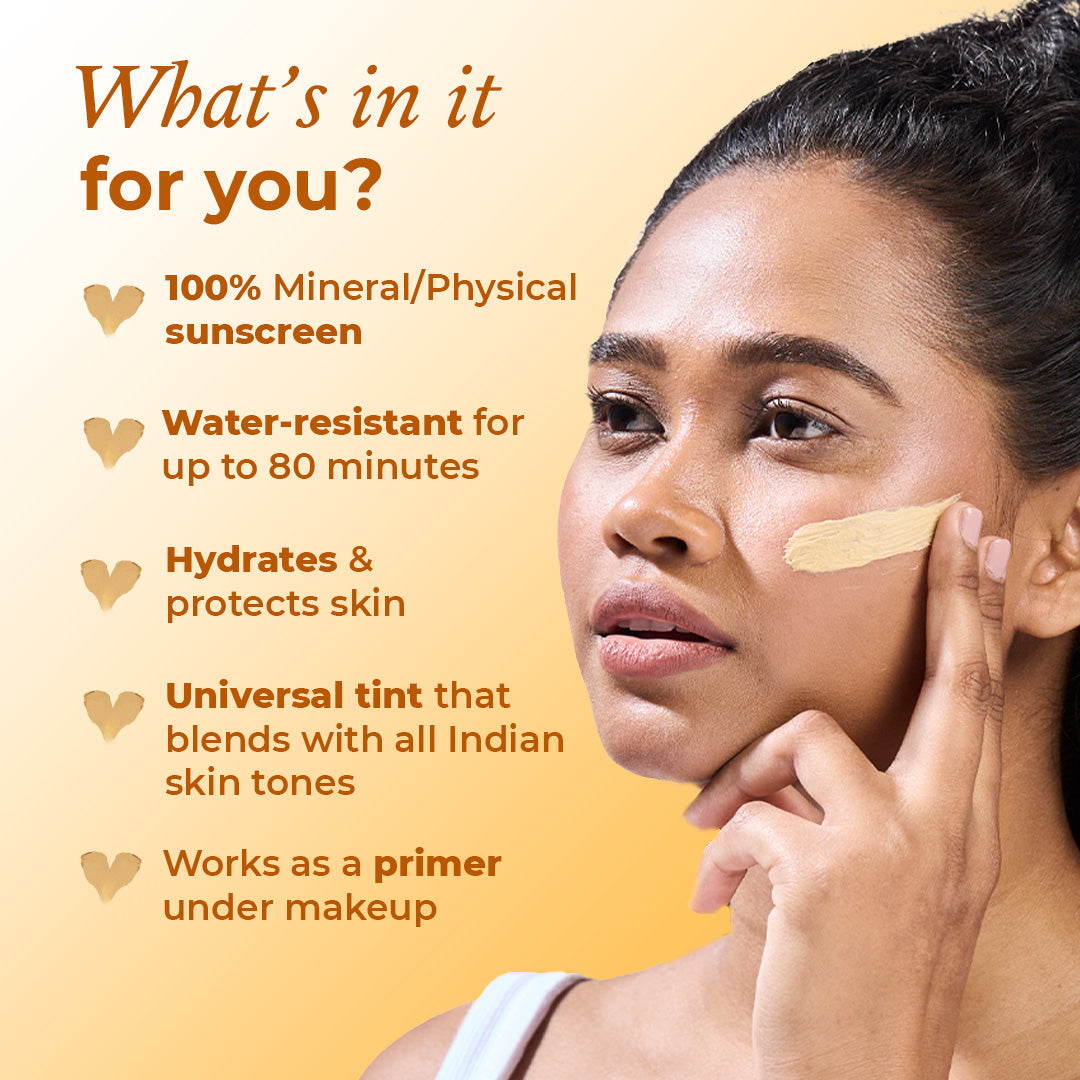



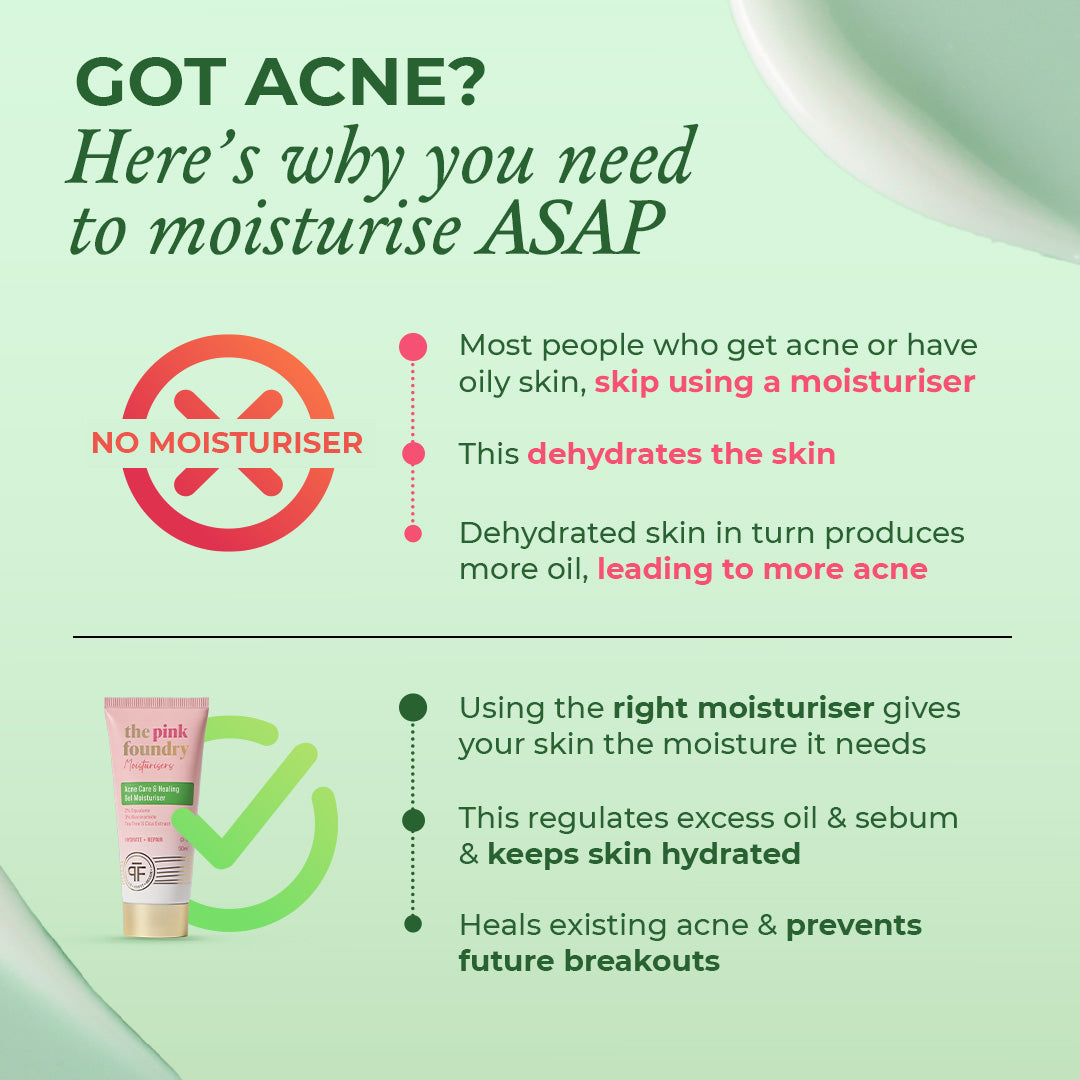
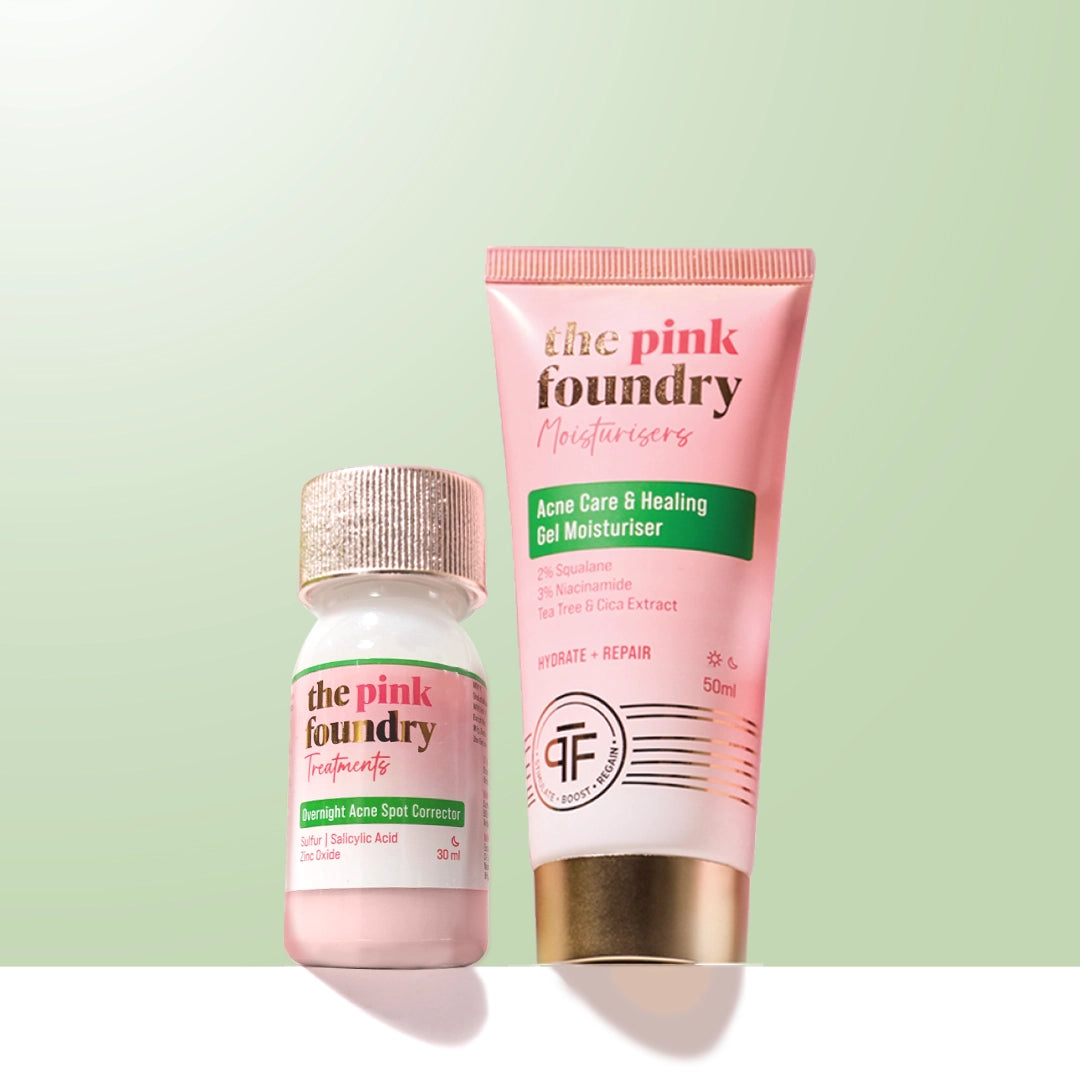
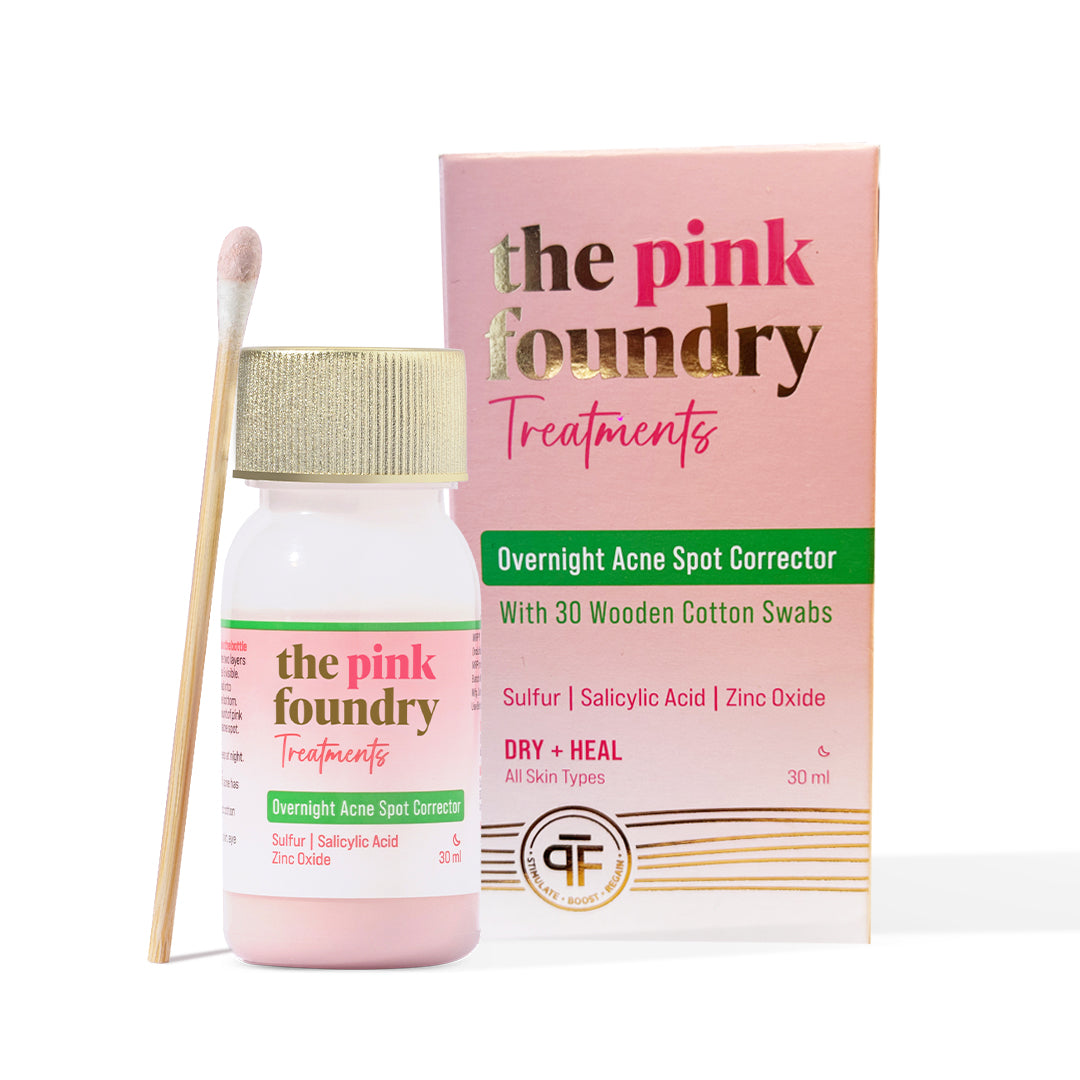
Leave a comment
This site is protected by hCaptcha and the hCaptcha Privacy Policy and Terms of Service apply.